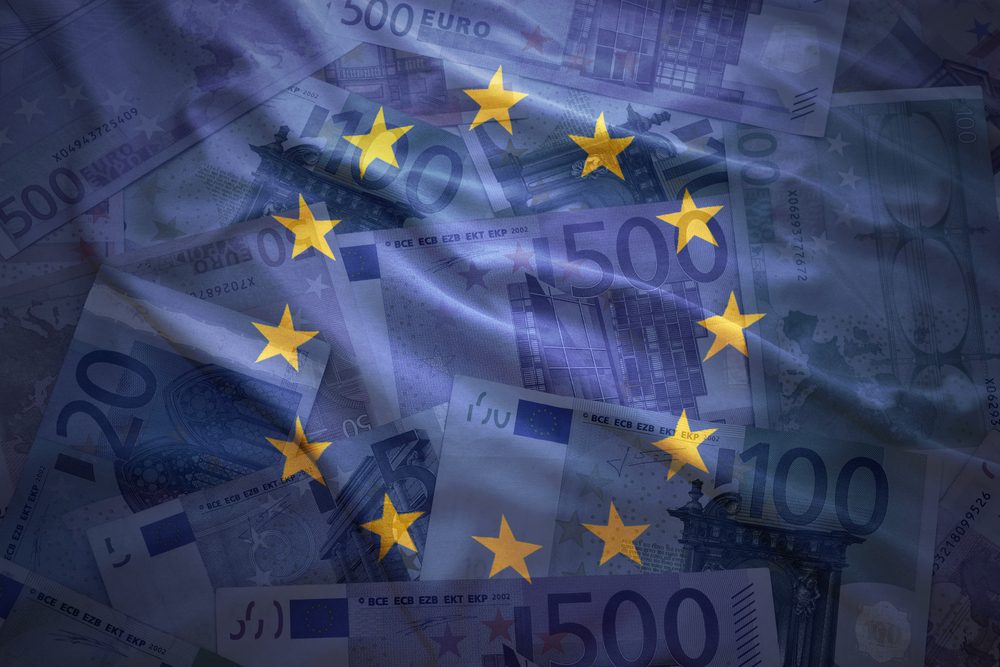European Commission Presents Plans To Reduce Dependence On Russian Gas
The European Commission today launched a three-pronged initiative to battle the current energy crisis and reduce energy dependence from Russia. From a short-term economic perspective, the emergency measures announced on energy prices are the most important.

The European Commission set out a plan that in the short term provides EU member states with some tools to mitigate the impact of higher energy prices on vulnerable consumers and adds the possibility of price regulation given the exceptional circumstances. Windfall profits from energy companies can in some cases be redistributed to consumers. It also stresses the possibility of supporting businesses facing higher energy costs to avoid bankruptcies. To achieve these goals, the European Commission confirmed that EU state aid rules allow for support measures. Interestingly, though, the Commission did not yet go as far as proposing to deviate from the fiscal rules in 2023.
These short-term measures are accompanied by targets of filling gas reserves. In April, the Commission wants to present legislation that requires underground gas storage capacity to be filled to at least 90% by October 1 each year. This among other plans to reduce vulnerability to supply problems during times of most heavy usage. Remember that currently gas reserves are filled by around 30%.
For the longer term, the Commission sets out to eliminate energy dependence from Russia before 2030 in a plan called REPowerEU. The plan aims to speed up elements of the green transition by reducing the dependence on fossil fuels in homes, industry, and power generation. Besides that, it also aims to diversify gas supplies towards LNG and other gas supplying countries by shifting energy use towards biomethane and hydrogen. These measures should result in a reduction of gas use about the size of current Russian imports and two-thirds of that could happen within the year.
The plan will be discussed at the end of the week at the EU summit in Versailles, where it remains to be seen how much of the Commission’s proposals will be rubber-stamped. Also, we expect a discussion on potential joint bond issuances to finance additional spending in defense and the green transition as well as whether or not the escape clause of the EU’s fiscal rules should be extended beyond this year.
Gradual approach to reduce dependence on Russian gas
While the US today announced an import ban on oil from Russia, the EU’s response follows a more gradual approach: reducing dependence on Russian gas over time, while preparing for short-term disruptions. The reasons for these differences are also clear: the US is far less dependent on Russian gas than the EU.
As regards the economic implications of today’s proposals, the impact of the crisis-fighting measures are unlikely to cause a turning point in the impact of the energy crisis on the economy. We see that the initial measures taken at the end of last year only made a small dent in the surging inflation rates and while vulnerable household support has been generous in some countries, it did not reverse the purchasing power squeeze that’s currently putting the recovery at risk. While the measures will no doubt be helpful, we do remain cautious about the economic recovery at the moment, which has come into huge uncertainty since the war in Ukraine started.
Disclaimer: This publication has been prepared by ING solely for information purposes irrespective of a particular user's means, financial situation or investment objectives. The information ...
more


